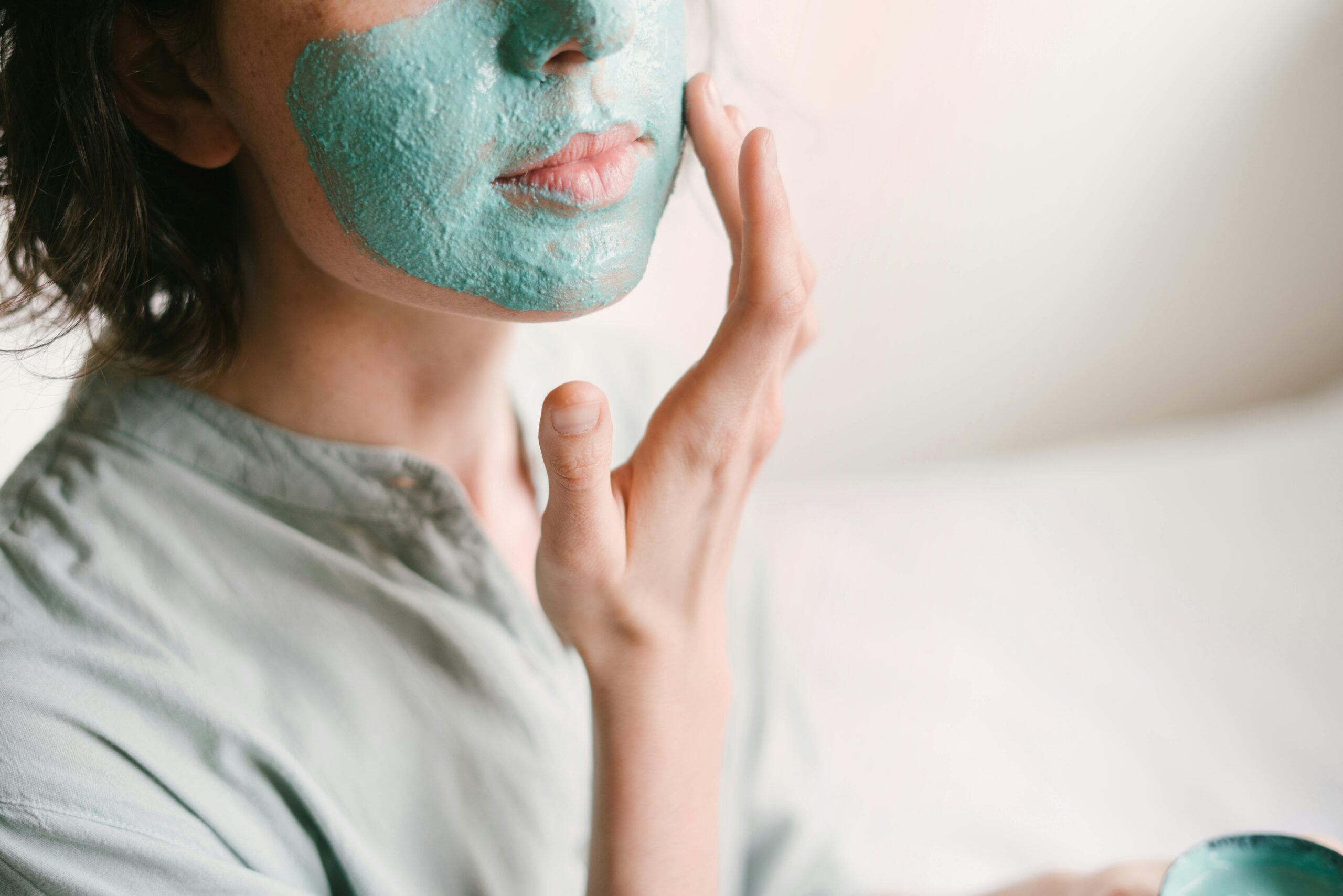Menopause brings significant hormonal shifts affecting skin texture, elasticity, and hydration. As estrogen levels drop, the skin often becomes drier, thinner, and more prone to sensitivity. Adapting your skincare routine during this stage is crucial to maintain healthy, radiant skin. This guide offers practical tips to address the unique needs of menopausal skin, ensuring you look and feel your best.
How Hormonal Changes Affect Menopausal Skin
During menopause, estrogen production declines, impacting the skin in several ways. Estrogen helps maintain collagen, elastin, and hydration levels in the skin. When these levels drop, the skin loses its firmness and elasticity, leading to sagging and fine lines.
The skin’s natural oil production also decreases, causing dryness and a compromised moisture barrier. In addition, some women may experience increased sensitivity or acne due to fluctuating androgen levels.
Understanding these changes can help you select the right skincare strategies to address them effectively.
Essential Skincare Tips for Menopausal Skin
Adapting your skincare routine can significantly affect how your skin looks and feels. Here are the essential tips:
1. Prioritize Hydration
Menopausal skin is prone to dryness due to reduced oil production. Use a hydrating cleanser that doesn’t strip the skin, and follow it with a rich, nourishing moisturizer.
Look for products containing hyaluronic acid, glycerin, or ceramides to help restore moisture and strengthen the skin’s barrier. Apply moisturizer twice daily, and consider adding a hydrating serum for an extra boost.
2. Protect Your Skin with Sunscreen
Sun damage can exacerbate the signs of aging, making sunscreen a non-negotiable step in your routine. Use a broad-spectrum sunscreen with SPF 30 or higher daily, even on cloudy days.
Sunscreen protects against UV-induced collagen breakdown, hyperpigmentation, and skin thinning. Reapply every two hours if you’re outdoors.
3. Incorporate Retinol Gradually
Retinol, a vitamin A derivative, is a powerhouse ingredient for promoting collagen production and reducing fine lines. However, menopausal skin can be sensitive, so start with a low concentration and use it only a few times a week.
Pair retinol with a soothing moisturizer to minimize irritation and gradually increase frequency as your skin adjusts.
4. Focus on Gentle Exfoliation
Exfoliation removes dead skin cells and encourages cell turnover, which can slow down during menopause. Opt for gentle exfoliants like lactic acid or polyhydroxy acids (PHAs) to avoid irritating sensitive skin.
Exfoliate once or twice weekly to maintain a smooth, glowing complexion without over-stripping your skin.
5. Strengthen the Skin Barrier
A compromised skin barrier can lead to increased sensitivity and redness. Use products containing niacinamide, a versatile ingredient that soothes inflammation, strengthens the barrier, and improves skin texture.
Avoid harsh cleansers or overly drying products that can further damage the barrier.
6. Treat Hyperpigmentation
Hormonal changes can cause dark spots or uneven skin tone. Ingredients like vitamin C, kojic acid, or licorice root extract can help brighten the skin and fade hyperpigmentation.
Use these products consistently to see noticeable improvements in tone and clarity.
7. Invest in Firming Ingredients
Look for firming ingredients like peptides and growth factors to combat sagging skin. These can help boost collagen and elastin production, restoring some of the skin’s lost elasticity.
Consistent use over time can visibly improve the appearance of fine lines and sagging.
Lifestyle Adjustments for Healthy Skin
Skincare products alone aren’t enough to address menopausal skin changes. Incorporating healthy lifestyle habits can enhance your results.
- Stay Hydrated: Drink plenty of water to keep your skin hydrated from within.
- Eat a Balanced Diet: Include foods rich in omega-3 fatty acids, antioxidants, and vitamins to support skin health.
- Manage Stress: High-stress levels can worsen skin issues. Practice relaxation techniques like yoga or meditation.
- Get Enough Sleep: Restorative sleep allows your skin to repair and rejuvenate overnight.
- Avoid Smoking: Smoking accelerates skin aging and reduces collagen production.
Professional Treatments for Menopausal Skin
In addition to at-home care, professional treatments can address more stubborn skin concerns. Options include:
- Chemical Peels: These exfoliate the skin and improve texture and tone.
- Microneedling: Stimulates collagen production to firm and rejuvenate the skin.
- Laser Therapy: Reduces hyperpigmentation and boosts collagen.
- HydraFacial: Deeply cleanses, exfoliates, and hydrates the skin in one session.
Consult a dermatologist or licensed esthetician to determine the best treatments for your skin’s needs.
Conclusion
Menopause brings significant changes to the skin, but with the right care and attention, you can maintain a healthy, radiant complexion. Hydration, sun protection, and targeted treatments are key to addressing dryness, sensitivity, and other concerns. Pairing a solid skincare routine with healthy lifestyle habits ensures your skin thrives during this new phase of life.
Frequently Asked Questions (FAQs)
1. How soon should I start adjusting my skincare routine for menopause?
It’s best to begin adjusting your routine when you notice signs of hormonal changes, such as dryness or increased sensitivity. This allows you to address concerns proactively.
2. Can I use the same products I used before menopause?
While some products may still work, you’ll likely need richer formulations and targeted treatments to address menopausal skin concerns like dryness, sagging, and pigmentation.
3. Are natural remedies effective for menopausal skin?
Natural remedies like aloe vera, rosehip oil, and green tea extract can provide soothing and hydrating benefits. However, they’re most effective when used alongside scientifically proven ingredients.
4. How often should I exfoliate menopausal skin?
Exfoliate once or twice a week using a gentle exfoliant. Over-exfoliation can damage the skin barrier and worsen dryness or sensitivity.
5. Is professional treatment necessary for menopausal skincare?
Professional treatments are not mandatory but can complement your skincare routine. They’re especially beneficial for addressing stubborn concerns like deep wrinkles or hyperpigmentation.



